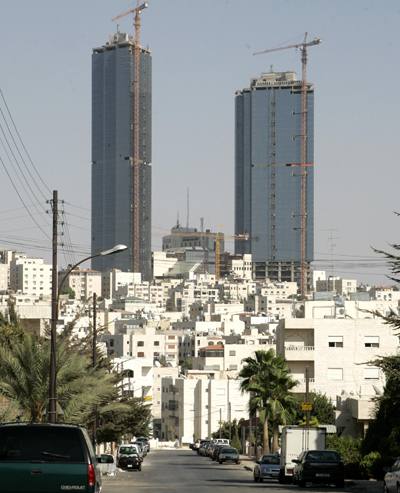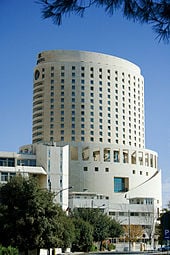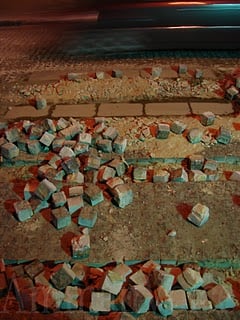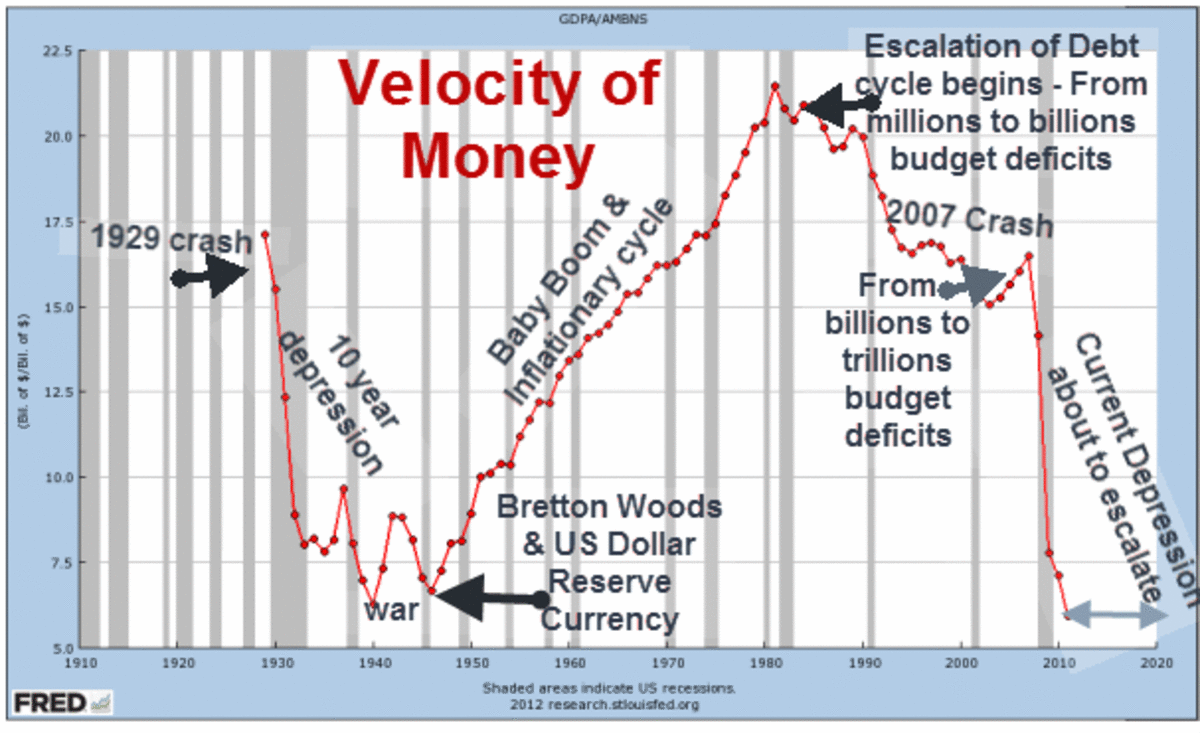Jordan on The Economic 'Towering' Move



The building and construction sector in Jordan and the region is a dynamic, animated and energetic area that acts as a propeller to the rest of the national economy. It is also a valve to measure the health of the other sectors in the economy.
Construction companies, consultants, engineering planners, surveyors real estate marketers and property developers, architects and civil engineers are the main stays of the building and construction industry.
Today they have dramatically changed the architectural terrain in Jordan that is characterized by the diversity in villas, buildings, skyscrapers, constructions, modern facilities, roads, highways, bridges, flyovers and tunnels.
The building and construction sector has developed into a huge industry worth billions of dollars, with companies and consultants working not only on projects in the Kingdom, but in many countries of the Arab world.
Because of its multifaceted nature the industry itself feeds from other sectors of the economy, hiring the services of electricians, electrical and mechanical engineers, plumbers, carpenters, roof-tillers and painters to name but few. Before that as well there is the demand for raw materials such as sand, cement and marble which experts say there is plenty of in Jordan which is a good sign for a homegrown building and construction industry.
Together with this, the necessary professional and specialized cadres for the sector is available in Jordan, and is continually available because of the annual engineering graduates from universities and colleges in the Kingdom.
And once properties, high rises and other infrastructures are built, a whole host of important economic activities develop around them. As well as homes and residences they become economic generators whether as consumers and/or producers in the economic chain of development.
Jordan's industrial sector today registers up to 25 percent of the Gross Domestic Product, a quarter of the national economy. Of that between 4.4 and 4.8 percent is generated by the building and construction sector.
Economic figures by Jordan's Land Surveying Department show that the value of property deals increased by 31 percent to $5.4 billion in the first seven months of 2011, statistics seen as healthy and robust despite the regional political situation and the fact Jordan has been reeling under the effects of the global economic recession experienced from 2009 onwards.
Demands on real estate, and high rise flats strongly suggests that the building and construction sector is on the onset of another economic boom for the rest of the year and into 2012, similarly to the ones experienced in the 1990s and between 2002 and 2007. Then the Compound Annual Growth Rate (CAGR) was at 13.7 percent, while credit for housing, building and construction developments increased from CAGR 20.5 percent in 2002, 34.3 percent in 2006 and 24.4 percent in 2007.
While it may be difficult to predict the extent of the growth rates because of the regional and global situations, especially because of the high rates that were registered in previous periods, nevertheless, a positive trend by the figures is being set in the light of the fact that Arab investment planners and the Jordan Investment Board has already stated that a large number of infrastructure and industrial projects are currently underway in the region at an estimated value of $1trillion.
And in addition to that the construction sector in Jordan is officially forecasted to increase by 20 percent in the next five years because of mega real estate projects, transport including rail, airports and ports, municipal developments in Amman, as well as the implementation of the Master Plan for the city of Salt, the Dead Sea and Aqaba.








